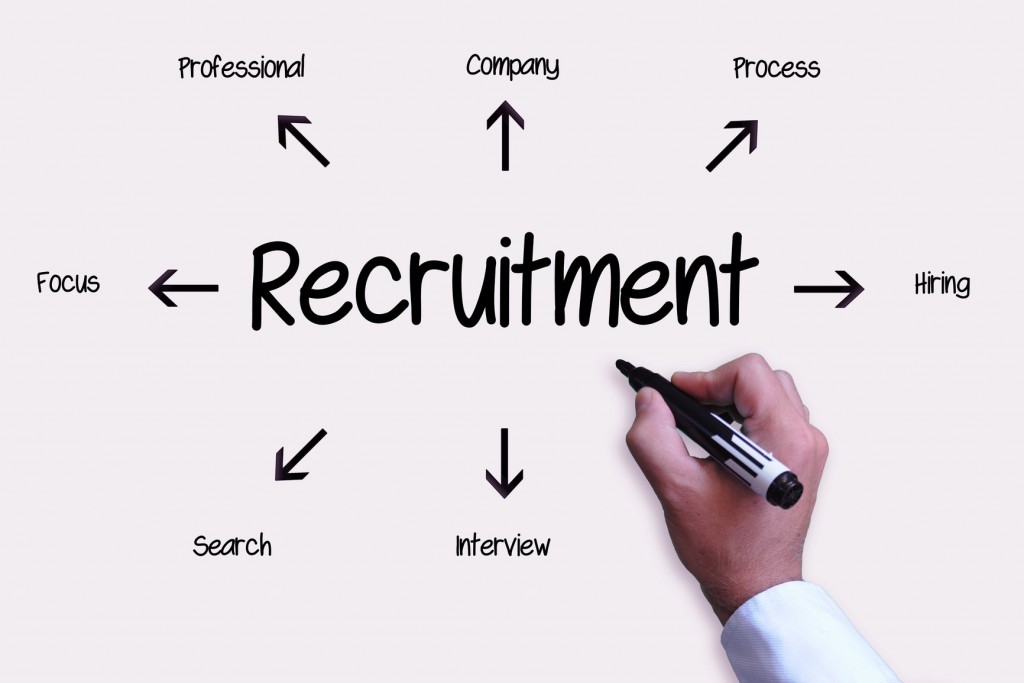
Making Your Recruitment Strategy More AI-Intensive
Making Your Recruitment Strategy More AI-Intensive
Today, many business processes can be streamlined with AI, and recruiting is no exception. AI can help thousands of HR professionals, recruiters, talent consultants, and CEOs around the world make their lives easier, save time, and improve the quality of their hires. This article, prepared in collaboration with StrategyBrain experts, aims to understand exactly how AI and HR integration can be used in recruiting and how it can help businesses of all sizes.
The Evolution of AI in Recruitment
What Can AI Be Used For
Today, there is a lot of experience in AI recruiting. As you probably know, it is gaining momentum quite quickly, as a Gartner report shows that 38% of HR leaders are implementing or exploring AI tools for recruiting. This is no surprise, because in today’s world, with big data, the ability to process and analyze information quickly can make a difference in a highly competitive field like talent acquisition. And with thousands of properly submitted resumes arriving for positions, most HR professionals probably want a little help in sorting through them all, selecting a few of the most likely candidates, and making sure no one is left out. All of these tasks can be done with the help of AI:
Efficiency: With the help of AI, staff can process resumes and applications tens of times faster, so no opportunities are missed.
Accuracy: Today’s AI algorithms can more accurately match people’s skills and experience to suitable positions.
Consistency: The AI algorithm ensures that all applications are processed the same way, without any human bias.
Resume processing: AI like ChatGPT can be used to quickly process resumes and rank them based on the most important criteria.
Candidate matching: AI algorithms can be applied to a company’s candidate data to match incoming resumes with suitable positions. Interview Scheduling
AI-Powered Automation: AI chatbots can schedule interviews, freeing up HR’s time for strategic tasks
Real World Scenario
If you are an HR Manager at a growing tech startup, you may have experienced an influx of resumes in your inbox. When you are hiring for multiple positions across departments, filtering resumes and inviting only the right candidates can be a time-consuming process. Now, imagine having an AI system that can automatically assess resume quality and send a notification to only the most relevant ones. You can spend “extra” time nurturing relationships with potential superstars. Another feature of AI-powered chatbots is that they can schedule interviews, assign them to relevant managers or even conduct them themselves and send the appropriate offer to the successful candidate.
AI Marketing and Content Creation
AI and Functions
AI has revolutionized most recruiting processes and holds the same promise of transforming other functions. Using AI, companies can achieve a new level of efficiency, pinpoint accuracy, and scalability. The list below is not exhaustive, but these are the primary areas where AI capabilities can play a significant role.
AI in Customer Service
Today, many companies are implementing AI chatbots or customer assistants to manage queries. Such assistants can handle a wide range of issues and help customers 24/7. In the rare cases where a conversation is directed to a human representative, the problem is already extremely complex. This reduces the workload of human representatives and helps them focus on solving more difficult cases, thus leading to a higher quality of service for consumers.
AI in Supply Chain Management
With AI capabilities and predictive analytics, companies can continuously collect and analyze data and automatically optimize their operations based on this data. AI capabilities help reduce supply chain costs from demand forecasting, production planning, excess inventory, and logistics to delivery delays right from the start.
AI in Marketing
AI-powered marketing tools can analyze consumer behavior and preferences, making it easier for businesses to adjust their marketing strategies to the audience. Through personalized context, targeted ads, and dynamic pricing models, AI tools help businesses engage with audiences more meaningfully and increase conversion rates. There are also a number of automated tools that allow for more marketing content to be created quickly so creative teams can focus on broader strategies and innovations.